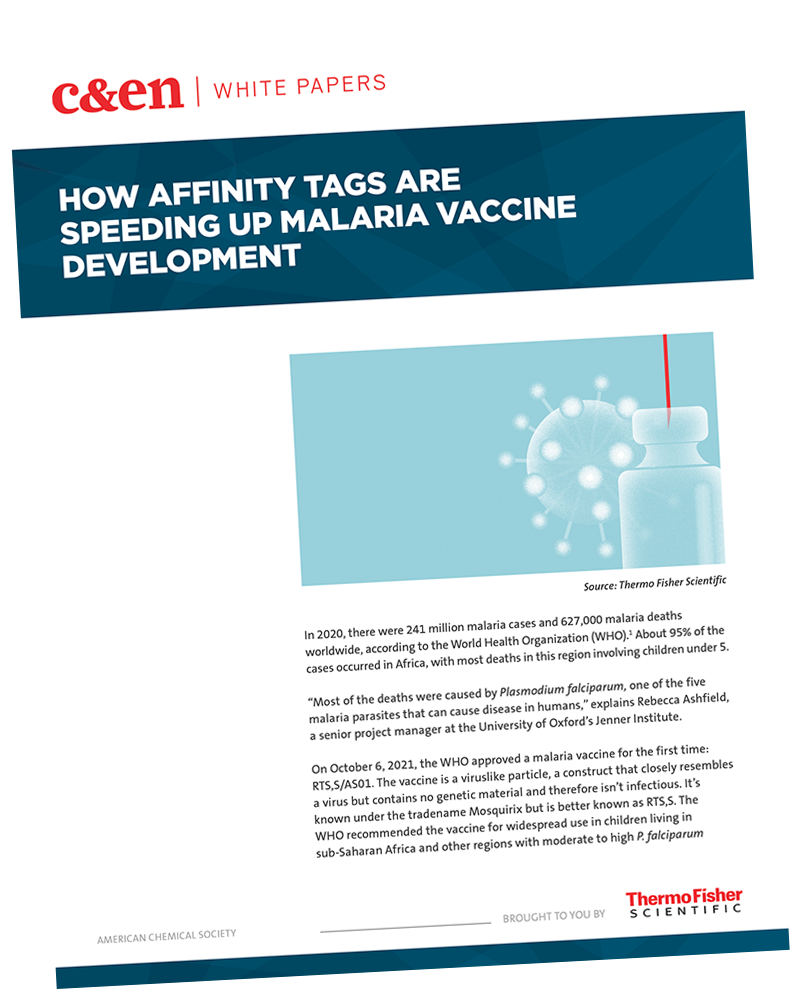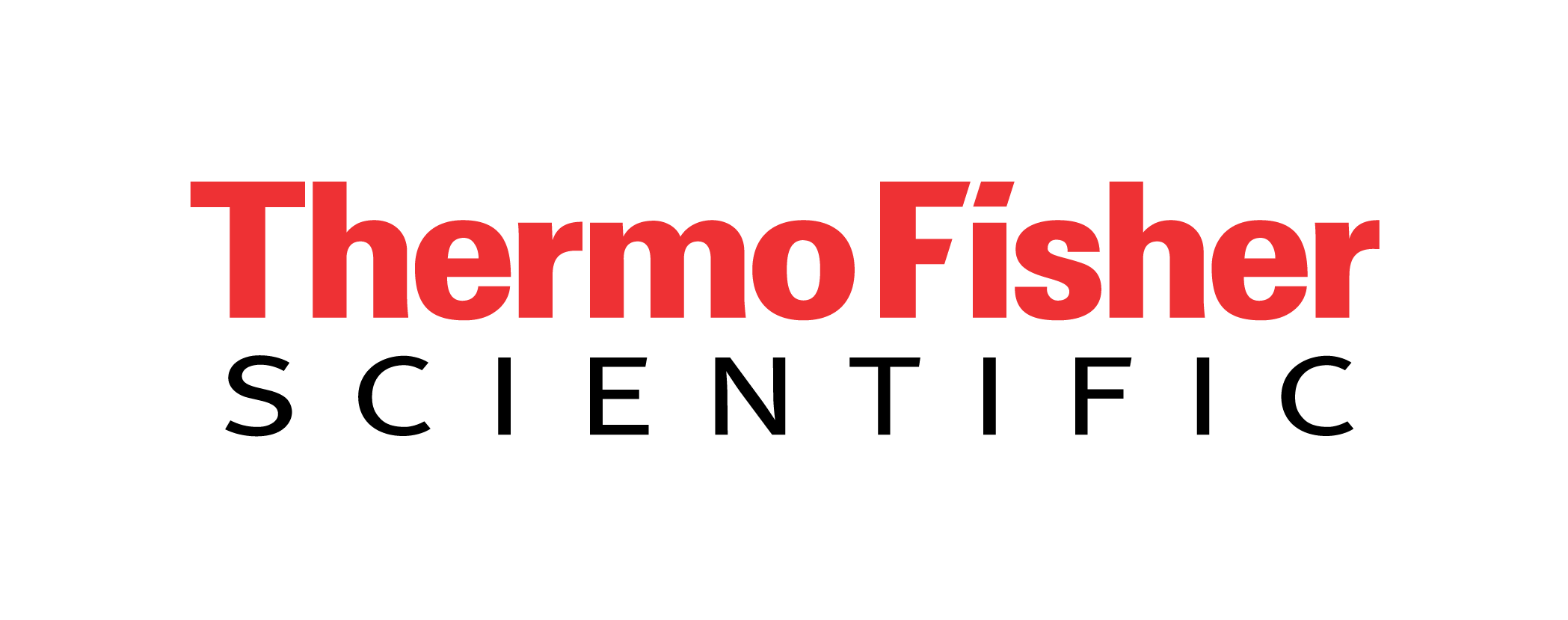

The parasite that causes malaria has no clear biological target for researchers to target with a vaccine. Despite decades of development, only one malaria vaccine to date has been approved by the World Health Organization.
Researchers have a pipeline of malaria vaccine candidates in development and clinical trials. Antigens for each vaccine are manufactured using the same blueprint, which includes using a novel purification approach for a biotherapeutic: affinity chromatography.
Producing each antigen with the same affinity tag has enabled the team to streamline purification, keep costs down, and rapidly advance their vaccine candidates into the clinic.
- How affinity tags can be used to manufacture biotherapeutics for challenging targets, such as malaria vaccines
- A string of four amino acids, called a C-tag, can be attached to engineered biomolecules and used as a platform technology to accelerate vaccine development
- The C-tag affinity system is a viable technology to produce vaccines compliant with good manufacturing practices

Copyright © 2025 American Chemical Society | 1155 Sixteenth Street NW | Washington, DC 20036 | View our Privacy Policy